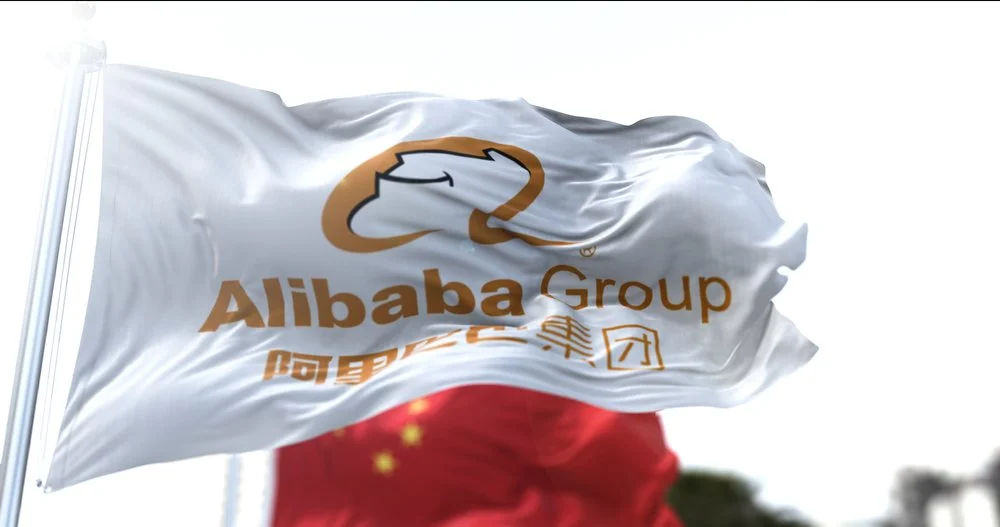Weekly Market Update - 14 August 2023
Rate Talks
Federal Reserve Governor Michelle Bowman said the US central bank may need to raise rates further in order to fully restore price stability. Bowman said that policymakers would be assessing incoming data and should be willing to raise rates in the future should progress in bringing down inflation stall. Elsewhere, Australia’s central bank will raise rates one more time in its current tightening cycle, economists say, and then shift to policy easing next year as inflation cools and economic growth slows to a crawl. And in the Philippines the central bank will exercise caution against “too much” monetary tightening to avoid crimping economic growth, according to Governor Eli Remolona.
Source: Bloomberg
China Investment Limitations
US President Joe Biden imposed limits on US investments in China in a push to restrict Beijing’s ability to develop military and surveillance technologies. While details of the rules still need to be worked out, the order will regulate US investments in some Chinese semiconductor, quantum computing and AI firms. But, in a narrowing of the potential scope of the order, measures won’t be retroactive and will exclude sectors such as biotechnology. The order may also end up exempting passive investments as well as those in publicly traded securities, index funds and others assets. China said it was “very disappointed” in the US decision to go ahead with the restrictions.
Source: Bloomberg
Returning to Growth
Alibaba returned to growth across all its main divisions, defying China’s economic turbulence to take a first step toward a long-awaited comeback after more than a year of malaise. China’s online shopping leader reported a better-than-expected 14% rise in revenue during a quarter when China’s economy struggled to gain momentum after years of Covid restrictions. Its shares jumped 5.3% on the news. Meanwhile, CEO Daniel Zhang said Alibaba hadn’t been able to totally fulfil demand for AI training from clients due to global supply constraints — suggesting a shortage of critical components such as AI chips is weighing on efforts to ramp up the cutting-edge technology.
Source: Bloomberg



